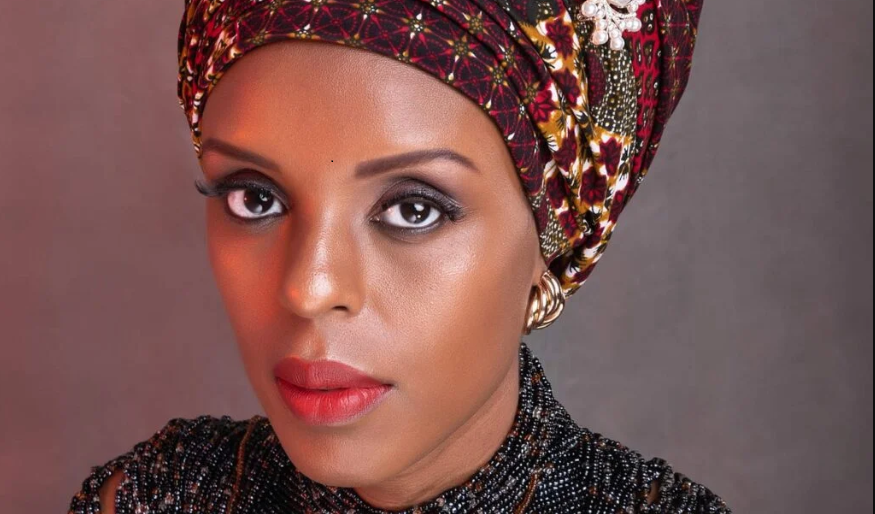On Tuesday morning, the media fraternity woke up to the sad news of the death of one of their entertainment superstars, Jahmby Koikai. Jahmby died on Monday night while undergoing treatment at the Nairobi Hospital. Jahmby was well-known for her steadfast love for reggae music, where she pulled off a spectacular show. Known by her stage name Fyah Mummah, Jahmby was always transporting her fans to a reggae universe. Her love for the mic, together with her deep understanding of reggae music, was more than she needed to conquer the world of reggae. But behind her love for reggae lay deep scars and pain she endured during her struggle with a rare but extreme condition known as Endometriosis. The reggae star has shared her long struggle with the disease for two decades. Njambi Koikai Prior to her demise, Njambi had undergone a series of surgeries both locally and abroad trying to fight the disease. In 2018, she stayed in Atlanta, USA, for more than a year while undergoing specialized treatment. The radio host recounted undergoing up to 21 surgeries and had declared herself a miracle for staying four years without surgery since she came back from the US. Njambi’s story is not an isolated case, as many women in Kenya and Africa are battling the disease. Many suffer in silence thanks to the limited knowledge, stigma, and normalization of period pain. Understanding Endometriosis and the Stigma Around It Endometriosis is a condition that occurs when layers of tissue covering the uterus grow outside the body. The layers usually grow around the fallopian tube, ovaries, and other tissues around the uterus. The result is intense pain, especially during the menstrual period. Scientific illustration of how endometriosis looks like Some of the common symptoms of endometriosis include painful periods, heavy bleeding, and painful sex. Sometimes, the pain can be so severe leading to loss of consciousness. But it doesn’t end there; women with endometriosis struggle with child-bearing as it’s hard for them to get pregnant. The disease first manifests at puberty when a girl gets her first period and lasts until menopause. Currently, there is no known cause of endometriosis, and nothing can be done to prevent it. The cure for endometriosis is also not available, as medication and surgical procedures are only meant to relieve the symptoms. The symptoms are also variable and broad, making it hard for doctors to diagnose them. The Struggle of Kenyan Women with Endometriosis According to World Health Organization (WHO), roughly 10 per cent of women of reproductive age are diagnosed with endometriosis. 30-40 per cent of women with endometriosis suffer infertility. The Kenyan women battling endometriosis deal with pain and heavy bleeding. The bleeding can sometimes last up to three months, causing them anxiety and depression. Those of school-going age find it hard to attend classes when bleeding and in pain. The working class lose their careers due to underperformance and absenteeism from work. A woman with pelvic pain holding her tummy Women in Kenya struggling with endometriosis not only have to deal with a lot of pain but also face stigma from family and friends. They go through rejection and lose friends because of infertility. Others face rejection due to the belief that the condition results from a curse. Many of these women even lose their marriages as they can’t fulfill their partners’ sexual desires due to painful intercourse and several months of nonstop bleeding. The women say they never enjoy sex and are often forced to endure extreme pain instead of pleasure. The biggest desire for women living with this condition is to one day lead a normal life. Others desire to have children and be called moms. While Kenya still struggles with limited knowledge of endometriosis, the country continuously shows tremendous efforts in creating awareness. Recent campaigns have seen the country at the forefront, creating awareness of the disease. The specialists also continue to urge women who experience painful periods to shun the belief that pain during menses is normal. It’s important to seek the services of a gynecologist as soon as possible to determine what could be causing the painful periods.


